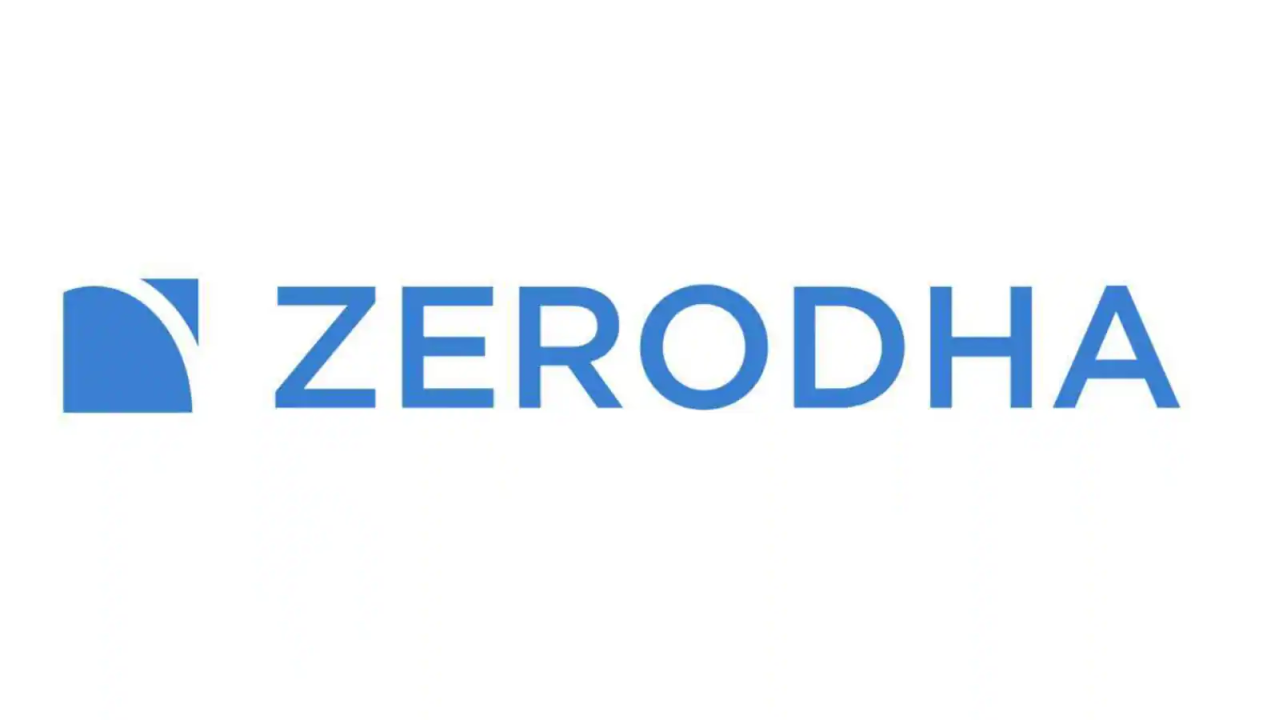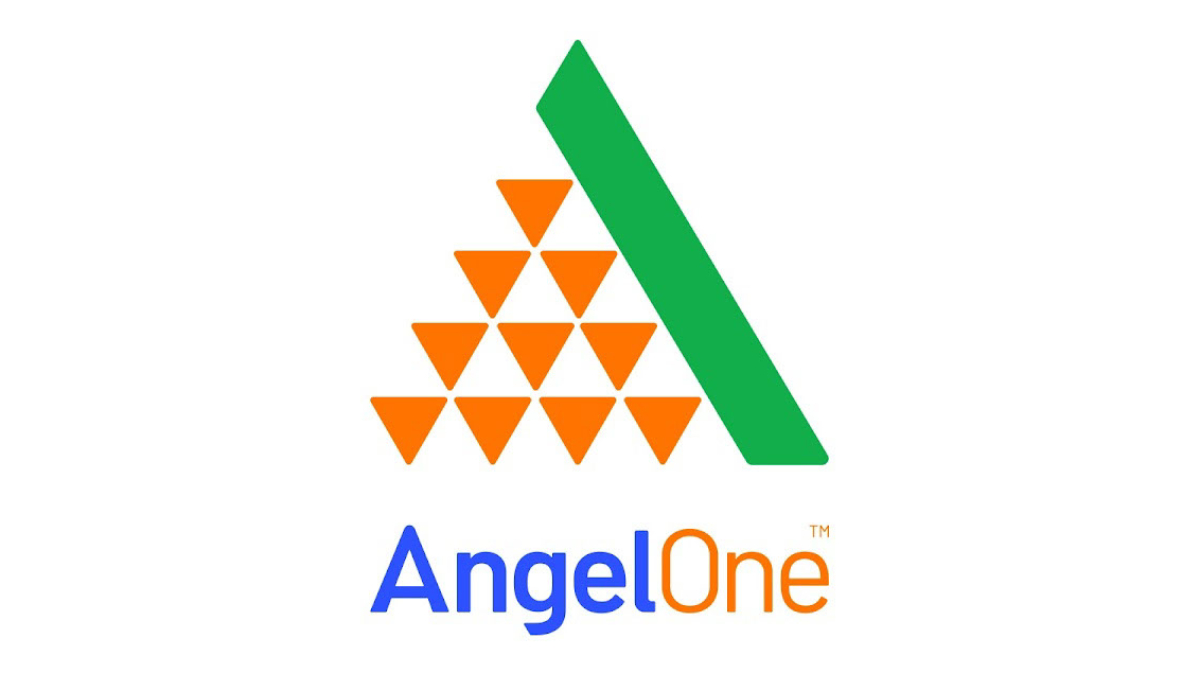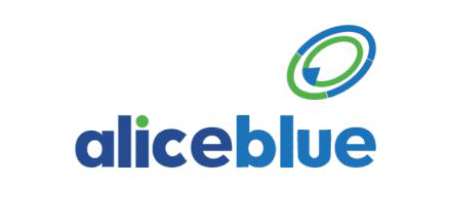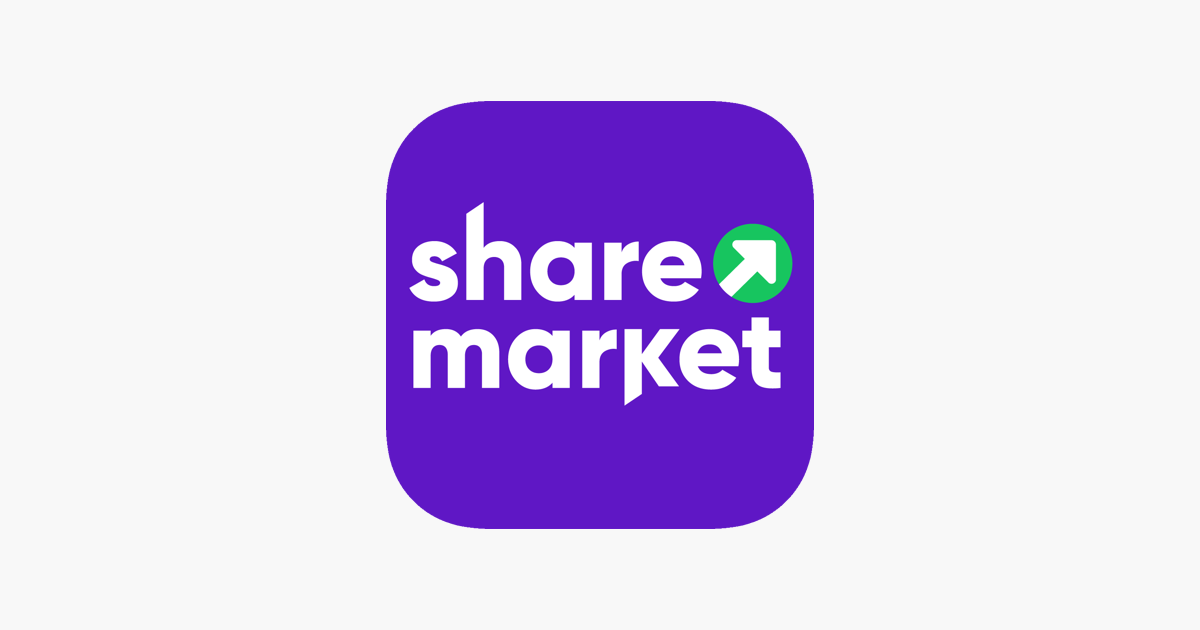In the fast-paced world of stock trading, having a reliable and efficient trading app is crucial. India’s digital investment space has seen a surge in user-friendly trading apps that cater to both seasoned investors and beginners. This blog post delves into the top trading apps in India, comparing their specifications, brokerage charges, settlement processes, withdrawal mechanisms, and other features.
Discover the 9 Best Trading Apps in India: Revolutionizing the Market
1. Zerodha Kite

Specifications:
- Platform: Web and mobile-based trading platform
- Technology: Built on HTML5, ultra-light, and responsive
- User Interface: Minimalistic, clutter-free dashboard with essential trading details
- Market Data: Real-time streaming quotes and market watch
- Charting Tools: Advanced charting with multiple indicators and customizable options
- Trade Execution: Direct trade from charts, and multiple order types including CO, BO, and AMO
- Multilingual Support: Available in multiple languages for diverse user preferences
Brokerage Charges:
- Equity Delivery: Zero brokerage
- Intraday Trades: Flat ₹20 or 0.03% (whichever is lower) per executed order
- F&O Trades: Flat ₹20 per executed order on options
Settlements:
- Equity: T+2 settlement cycle
- F&O: Real-time settlements for futures and options
Withdrawal:
- Timeframe: Typically processed within one business day
- Limit: Instant withdrawal for funds up to INR 50,000
Other Features:
- Security: Robust encryption and secure login features
- Customer Support: Responsive customer service with good support infrastructure
- Research and Analysis: Access to expert insights and market analysis tools
Ratings:
- User Ratings: Generally high user satisfaction with an average rating of 4.5/5
Zerodha Kite is renowned for its user-friendly interface, advanced features, and competitive pricing, making it a preferred choice for many traders in India. It’s important to note that while the platform offers a range of benefits, traders should consider their individual needs and trading style when choosing a trading app.
2. Upstox Pro

Specifications:
- Platform: Advanced web and mobile trading application
- User Interface: Intuitive and user-friendly, suitable for both beginners and experienced traders
- Charting Tools: Comprehensive charting with over 100 indicators and 6 chart types
- Trade Execution: Quick and efficient with various order types like Cover Orders (CO) and Bracket Orders (BO)
Brokerage Charges:
- Equity Delivery: ₹20 or 2.5% of trade value (whichever is lower)
- Equity Intraday: ₹20 or 0.05% (whichever is lower)
- Equity Futures: ₹20 or 0.05% (whichever is lower)
- Equity Options: Flat fee of ₹20 per executed order
Settlements:
- Equity: T+2 settlement cycle for delivery trades
- F&O: Real-time settlements for futures and options trades
Withdrawal:
- Timeframe: Withdrawals are typically processed within one business day
- Limit: No specific limit mentioned, subject to standard banking procedures
Other Features:
- Margin Trading: Available with up to 2x leverage on certain segments
- Mutual Funds: Direct mutual funds investment option available
- IPO Application: Facility to apply for IPOs directly through the platform
Ratings:
- User Ratings: Upstox Pro has received positive feedback for its features and ease of use, with an expert score of 9.7/10
Upstox Pro is recognized for its low brokerage fees, advanced trading technology, and a wide range of investment products. It’s a strong contender for traders looking for a robust and reliable trading platform in India. For the latest information and updates, it’s recommended to visit the official Upstox website or consult recent user reviews
3. 5 Paisa

Specifications:
- Platform: Offers a mobile trading app, trading website, and installable trading terminal
- User Interface: Simple and intuitive, designed for quick navigation and trading
- Charting Tools: Provides a range of charting options with various technical indicators
- Trade Execution: Facilitates seamless trade execution with a variety of order types
Brokerage Charges:
- Equity Delivery: ₹20 per executed order
- Intraday Trades: ₹20 per executed order
- F&O Trades: ₹20 per executed order
- Subscription Plans: Offers Regular Account Pack, Power Investor Pack, and Ultra Trader Pack with varying benefits
Settlements:
- Equity: T+2 settlement cycle for delivery trades
- F&O: Real-time settlements for futures and options trades
Withdrawal:
- Timeframe: Withdrawals are processed within the standard banking timeframes
- Net Banking Charges: ₹10 per transaction
Other Features:
- Margin Funding: Available at a nominal rate
- Multi-Product App: Includes investments in gold, peer-to-peer lending, insurances, mutual funds, and US stocks
- Analytics Services: Offers tools like Portfolio Analyzer for investment strategy improvement
Ratings:
- User Ratings: The app has a strong user rating of 4.4/5, reflecting customer satisfaction with its services
5 Paisa is known for its competitive brokerage fees and a wide array of features that cater to various trading and investment needs. It’s a comprehensive platform that offers flexibility and value to its users. For the most current information, it’s best to refer to the official 5 Paisa website or check out the latest user reviews
4. Angel One

Specifications:
- Platform: Comprehensive trading platform available on web, mobile, and desktop
- User Interface: User-friendly with easy navigation for traders of all levels
- Charting Tools: Advanced charting capabilities with a wide range of technical indicators
- Trade Execution: Efficient trade execution with multiple order types supported
Brokerage Charges:
- Equity Delivery: Zero brokerage
- Intraday Trades: Flat fee of ₹20 per executed order or 0.25% (whichever is lower)
- F&O Trades: Flat fee of ₹20 per executed order or 0.25% (whichever is lower)
Settlements:
- Equity: T+2 settlement cycle for delivery trades
- F&O: Real-time settlements for futures and options trades
Withdrawal:
- Timeframe: Withdrawals are processed within the standard banking timeframes
- Charges: No withdrawal fee
Other Features:
- Margin Trading: Leverage available for various trading segments
- Investment Options: Access to stocks, derivatives, commodities, currencies, and more
- Research and Advisory: In-depth research reports and advisory services for informed trading decisions
Ratings:
- User Ratings: Angel One has received positive ratings for its customer service, usability, and overall experience
Angel One is known for its zero brokerage on equity delivery and a flat fee structure for other trades, making it an attractive option for investors and traders. The platform also offers a range of features and tools to assist users in making informed trading decisions. For the most accurate and up-to-date information, it’s recommended to visit the official Angel One website or read the latest user reviews and ratings.
5. Groww App

Specifications:
- Platform: User-friendly web and mobile trading platform
- User Interface: Clean and intuitive design for easy navigation
- Charting Tools: Basic to advanced charting options for technical analysis
- Trade Execution: Quick and efficient with a variety of order types supported
Brokerage Charges:
- Equity Delivery: ₹20 or 0.05% per executed order, whichever is lower
- Equity Intraday: ₹20 or 0.05% per executed order, whichever is lower
- Futures & Options: Flat fee of ₹20 per executed order
Settlements:
- Equity: T+2 settlement cycle for delivery trades
- F&O: Real-time settlements for futures and options trades
Withdrawal:
- Timeframe: Withdrawals are typically processed within standard banking timeframes
- Charges: No specific charges mentioned for withdrawal
Other Features:
- Investment Options: Stocks, mutual funds, gold, fixed deposits, and more
- Research Tools: Access to various research tools and insights
- Customer Support: Dedicated support for queries and assistance
Ratings:
- User Ratings: Groww has been rated positively for its ease of use and range of features, with users appreciating its simplicity and efficiency
Groww is known for its straightforward pricing model and a wide array of investment options, making it a suitable platform for both novice and experienced investors. The app’s focus on user experience and simplicity has made it a preferred choice for many. For the most current information, it’s best to refer to the official Groww website or check out the latest user reviews and ratings
6. Sharekhan

Specifications:
- Platform: Offers a robust online trading platform accessible via web, mobile, and desktop
- User Interface: Designed to be user-friendly, catering to both novice and experienced traders
- Charting Tools: Comprehensive charting tools with a variety of technical indicators for analysis
- Trade Execution: Efficient trade execution with a range of order types available
Brokerage Charges:
- Equity Delivery: Charges are based on a percentage of the trading value
- Intraday Trades: Brokerage fees are also percentage-based, with specific rates depending on the plan chosen
- F&O Trades: Percentage-based fees apply to futures and options trades as well
Settlements:
- Equity: Follows the standard T+2 settlement cycle for delivery trades
- F&O: Futures and options trades are settled in real-time
Withdrawal:
- Timeframe: Withdrawals are processed within the standard banking timeframes
- Charges: No withdrawal fee is charged by Sharekhan
Other Features:
- Research and Advisory: Provides solid research and advisory services to assist trading decisions
- Customer Support: Known for reliable customer service with quick and useful responses
- Market Access: Gives access only to Indian markets
Ratings:
- Overall Score: Sharekhan has received a rating of 3.3/5, reflecting a balance of pros and cons
Sharekhan is one of the first brokers to offer online trading in India and is regulated by SEBI. It’s a good choice for beginner investors due to its user-friendly mobile trading platform and strong research backing. However, it’s noted that Sharekhan’s trading fees are not very competitive compared to other brokers in the Indian market, and the fee structure is not transparent, requiring potential users to contact customer support for detailed information
7. Alice Blue

Specifications:
- Platform: Offers a range of trading platforms including ANT (Analyse and Trade)
- User Interface: User-friendly interfaces for web, mobile, and desktop trading
- Charting Tools: Advanced charting with various technical indicators for market analysis
Brokerage Charges:
- Equity Delivery: Free (no brokerage charges)
- Equity Intraday: ₹15 per order or 0.05% (whichever is lower)
- Equity Futures: ₹15 per order or 0.05% (whichever is lower)
- Equity Options: Flat fee of ₹15 per executed order
Settlements:
- Equity: Follows the standard T+2 settlement cycle
- F&O: Real-time settlements for futures and options trades
Withdrawal:
- Timeframe: Processed within standard banking timeframes
- Charges: No specific charges mentioned for withdrawal
Other Features:
- Margin Trading: Available with competitive rates
- Investment Options: Equities, F&O, Currency, Commodities, Mutual Funds, and IPOs
- Research Tools: Access to proprietary and third-party trading tools and apps
Ratings:
- User Ratings: Positive ratings for its trading platforms and customer service
Alice Blue is known for its low-cost brokerage plans and a wide range of trading and investment services. It’s a suitable option for traders looking for a cost-effective and versatile trading experience. For the most current information, it’s best to refer to the official Alice Blue website or check out the latest user reviews
8. Motilal Oswal

Specifications:
- Platform: Offers a range of trading platforms, including web, mobile, and desktop applications
- User Interface: Designed for both beginners and professional traders with a focus on ease of use
- Charting Tools: Advanced charting tools with a wide array of technical indicators for comprehensive market analysis
Brokerage Charges:
- Equity Delivery: 0.20% of trade value
- Equity Intraday: 0.02% of trade value
- Equity Futures: 0.02% of trade value
- Equity Options: ₹20 per lot
- Currency Futures: ₹20 per lot
- Currency Options: ₹20 per lot
- Commodity Futures: 0.025% of trade value
- Commodity Options: ₹200 per lot
Settlements:
- Equity: Adheres to the standard T+2 settlement cycle for delivery trades
- F&O: Real-time settlements for futures and options trades
Withdrawal:
- Timeframe: Processed within standard banking timeframes
- Charges: No specific charges mentioned for withdrawal
Other Features:
- Research and Advisory: Offers in-depth research reports and advisory services
- Customer Support: Known for responsive customer support via emails and calls
- Investment Options: Provides a platform for investing in equities, F&O, currency, mutual funds, and more
Ratings:
- Overall Score: Motilal Oswal has received positive ratings based on customer service, usability, and charges
Motilal Oswal is recognized for its comprehensive product offerings and strong research backing, making it a preferred choice for investors who seek a full-service brokerage experience. For the most accurate and up-to-date information, it’s recommended to visit the official Motilal Oswal website or consult recent user reviews and testimonials.
9. PhonePe Share Market

Specifications:
- Platform: Share.Market by PhonePe is a stock broking platform available as a mobile app and a dedicated web platform.
- User Interface: Designed to be intuitive and user-friendly, catering to both novice and experienced traders.
- Market Intelligence: Provides market intelligence and quantitative research-based WealthBaskets.
Brokerage Charges:
- Equity Delivery: ₹20 per executed order or 0.05% whichever is lower.
- Equity Intraday: ₹20 per executed order or 0.05% whichever is lower.
- F&O – Futures: ₹20 per executed order.
- F&O – Options: ₹20 per executed order.
- WealthBasket Platform Fees: Zero platform fees for all WealthBaskets until June 30, 2024.
Settlements:
- Withdrawal of Funds: Users can withdraw funds or sell their units through the app’s wealth section.
Withdrawal:
- Process: The withdrawal process is straightforward with details on charges and tax implications available before proceeding.
Other Features:
- Investment Products: Offers stocks (intraday and delivery), Mutual Funds, ETFs, and WealthBaskets.
- WealthBaskets: Curated collections of stocks/investment products by SEBI registered intermediaries.
- Market Section: A dedicated section to track the stock market, indices, stocks, and sectors with an intuitive watchlist tracker.
Ratings:
- Overall Score: PhonePe’s Share.Market has received positive ratings for its features, ease of use, and customer support.
PhonePe’s Share.Market aims to elevate discount broking by combining research and convenience, offering intelligence-driven investing solutions at scale. It’s a platform that provides a wide spectrum of investment products allowing investors across different demographics to build a well-rounded and balanced portfolio.
For the most accurate and up-to-date information, it’s recommended to visit the official PhonePe Share.Market website or consult recent user reviews and testimonials.
Disclaimer:
The information provided in this blog post is for educational and informational purposes only. It does not constitute financial, investment, or legal advice. Always consult with a qualified professional before making any financial decisions. The author and publisher are not responsible for any actions taken based on the content of this blog.

